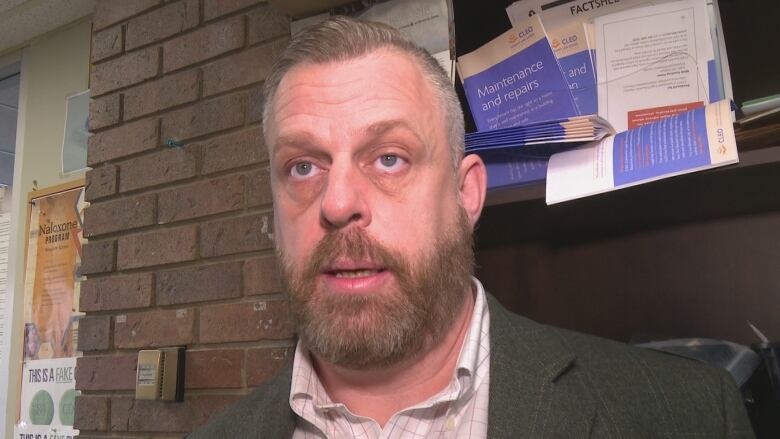Safe injection sites a challenge for Windsor, say experts
Expert urges doctors to prescribe opioids less frequently

Proposed legislative changes from the federal and provincial governments to combat the country's latest opioid crisis could be difficult to adopt in Windsor, say experts.
Canada's health minister emerged from a two-day emergency summit in Ottawa this weekend, saying legislative changes are coming in the next few months as officials combat opioid addiction and a wave of overdoses.
- Medical experts urge Canada to declare public emergency over opioid crisis
- New opioid strategy good start, says harm reduction co-ordinator
One of the measures the government promised will allow more access to safe injection sites, which experts say would decrease the number of overdose deaths.
MichaelBrennan, the executive director of the AIDS Committee of Windsor, says there would have to be a lot of coordination to make a safe injection site work.
"A lot of community partners would have to become involved, but it would be the first step," he said. "It would require a hugecommunity effort to support that."
Windsor has a public health nurse that goes to the AIDS committee of Windsor once a week to teach drug users and one of their friends how to use analoxonekit, which is designed to counteract the effects of anopioidoverdose long enough to transport the drug user to hospital.
Much of theopioidaddiction in the Windsor region could be solved by getting doctors to prescribe the drug less frequently, explained Dr. Tony Hammer, who treats patients with addiction.
He estimates about 25 per cent of his patients became addicted because they were prescribed anopioidby a doctor for pain.












_(720p).jpg)


 OFFICIAL HD MUSIC VIDEO.jpg)
.jpg)



























































































